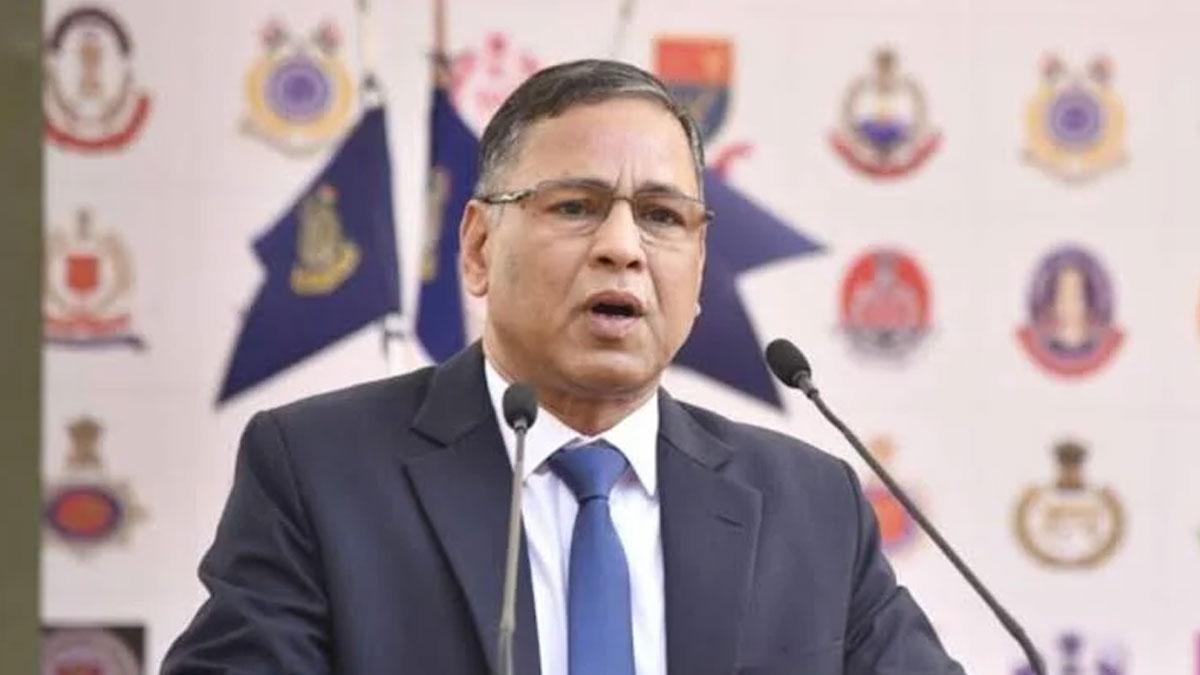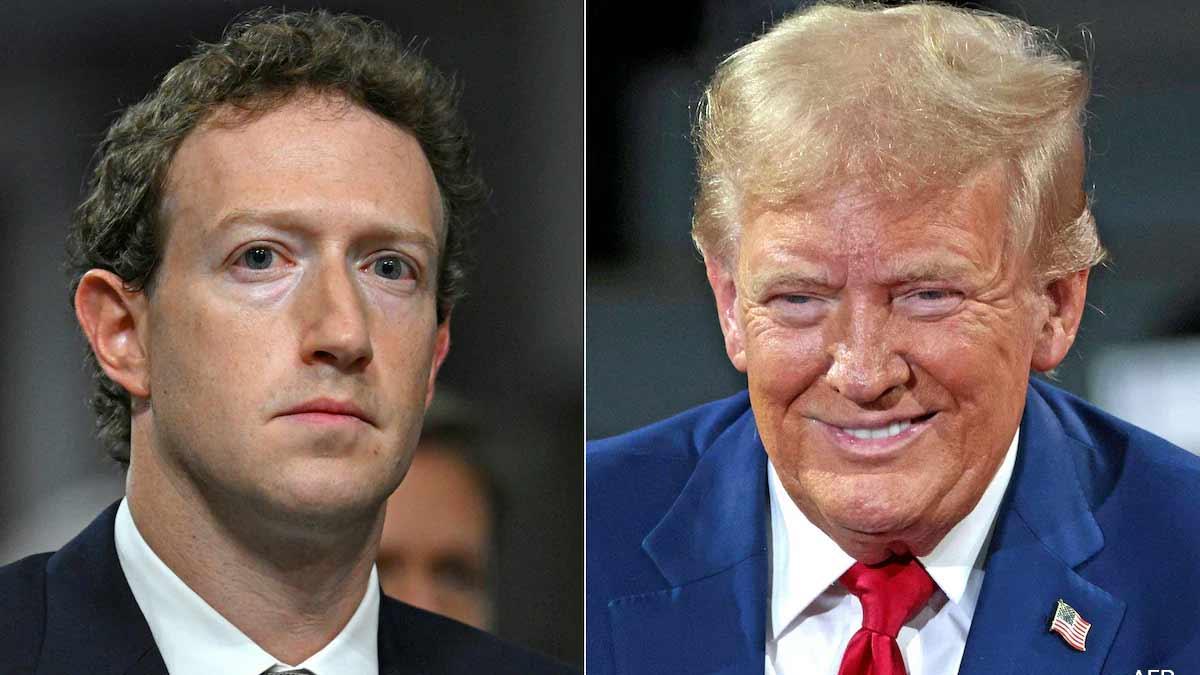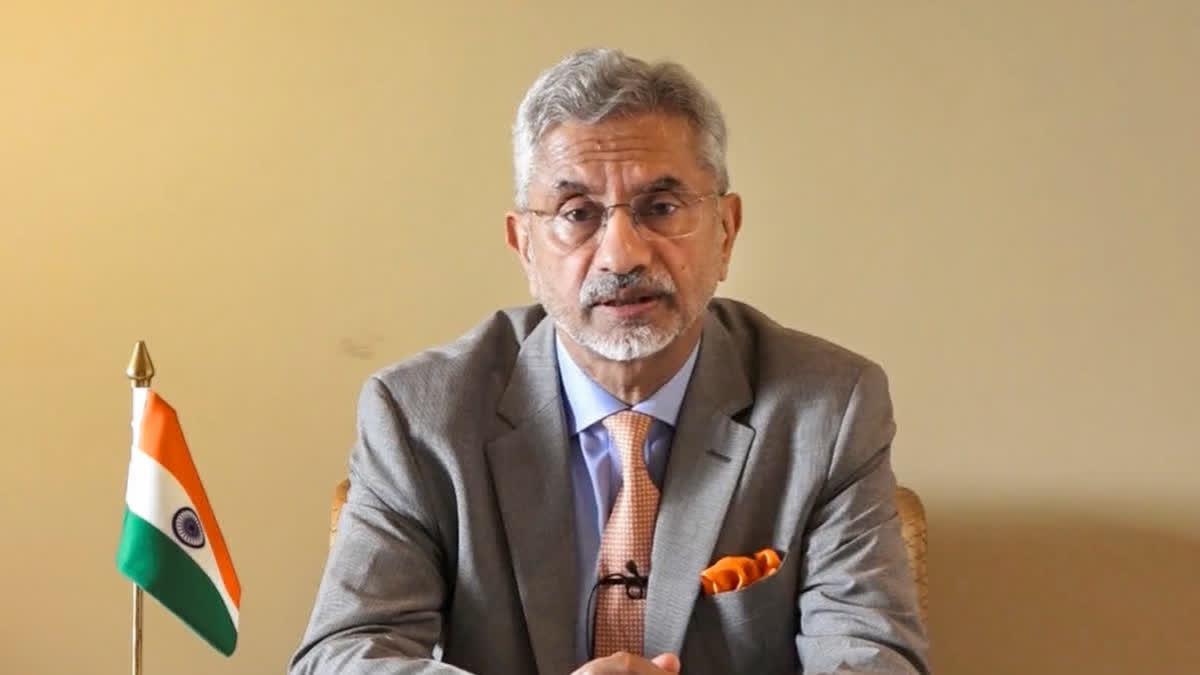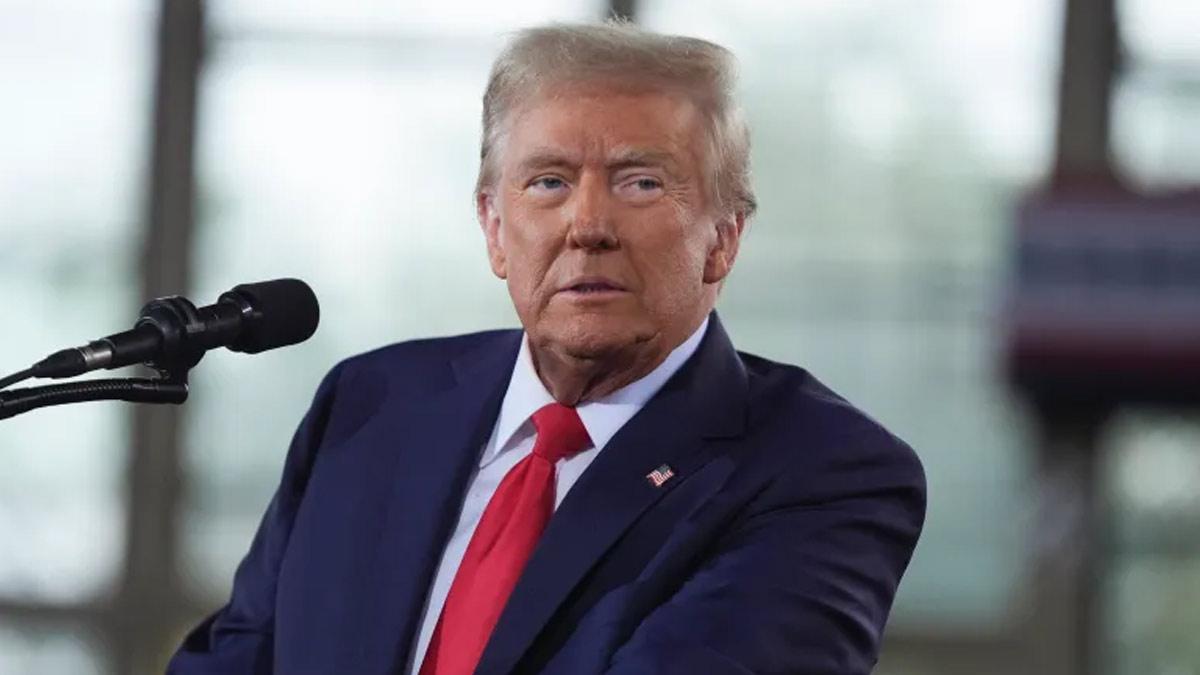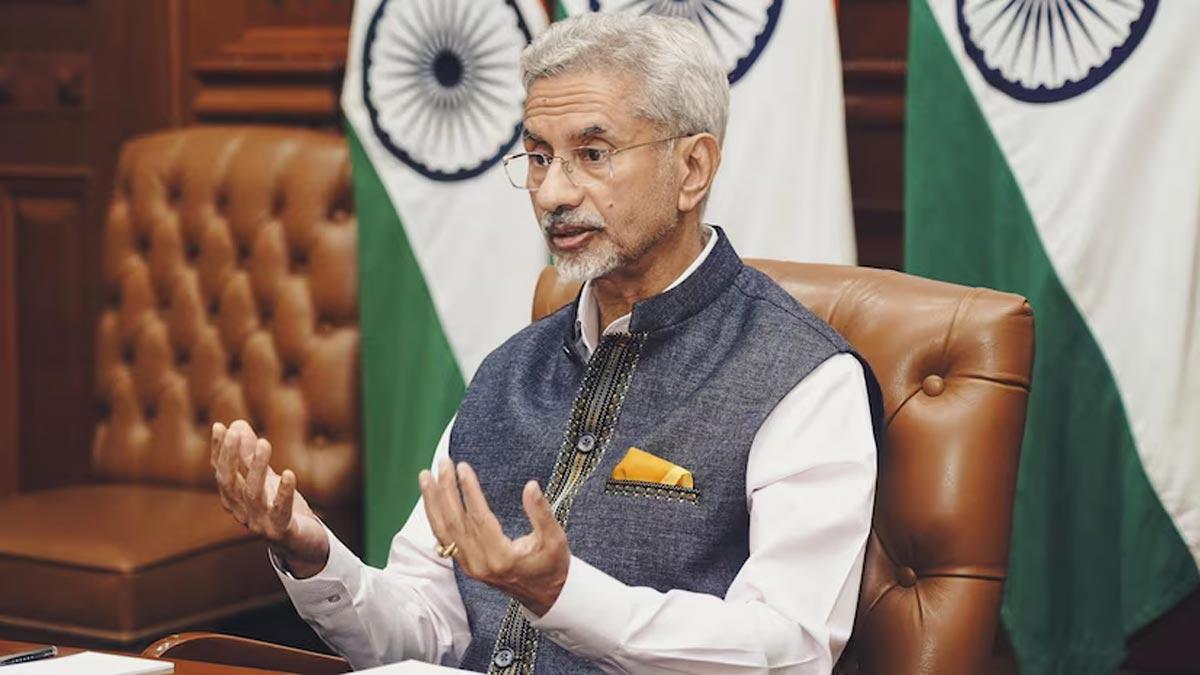It is against this backdrop that India has once again pressed for urgent reform in the UN Security Council, as peacekeeping mandates remain to reflect the new global reality.
It was argued by IB director Tapan Kumar Deka that the Security Council should be truly representative of present global considerations. While addressing the UNCOPS, Deka warned against any initiative carried out under orders from a Council that does not truly represent the current situation. "It is important that the Security Council is a reformed body with an expansion of membership in both the permanent and non-permanent categories".
He called for comprehensive reform of the Security Council, pitched for expansion of both permanent and nonpermanent membership, to ensure equitable representation. Deka pointed out the disproportionate focus on Africa within the Council's responsibilities and put forth that India had continued to stand strong for greater African representation in accordance with the Ezulwini Consensus and the Sirte Declaration.
Their involvement has "increasingly exposed peacekeeping operations to regional and global dynamics that undermine their efforts to implement their mandate", he said.
Deka added that it is the very nature of today's armed conflict that is changing, wherein involvement of non-state armed groups—the terrorist organizations—make any peacekeeping operation quite complex. He lambasted contemporary peacekeeping practices with ill-defined mandates, inadequate resources and no defined exit strategy, exposing the peace-keepers to a plethora of dangers.
Deka was of the opinion that adequate coordination among the UN leadership, host nations, and the countries contributing troops in the mandate process was a necessary requirement to make the peacekeeping operations effective. He has also put forward the demand for making sufficient resources available for peacekeeping purposes.
Historically, India has been among the largest contributors to UN peacekeeping missions, with large deployments of personnel, and it continues to press for solutions that empower national efforts at securing civilian environments. He warned against over-reliance on the external solution and called for addressing the root causes of conflicts in order to garner sustained support of host nations for the peacekeeping missions.
Read also | Strengthening US-India Relations Across Multiple Fronts
Read also | Nepal PM Prachanda Stands Firm, Prefers Vote of Confidence Over Resignation

